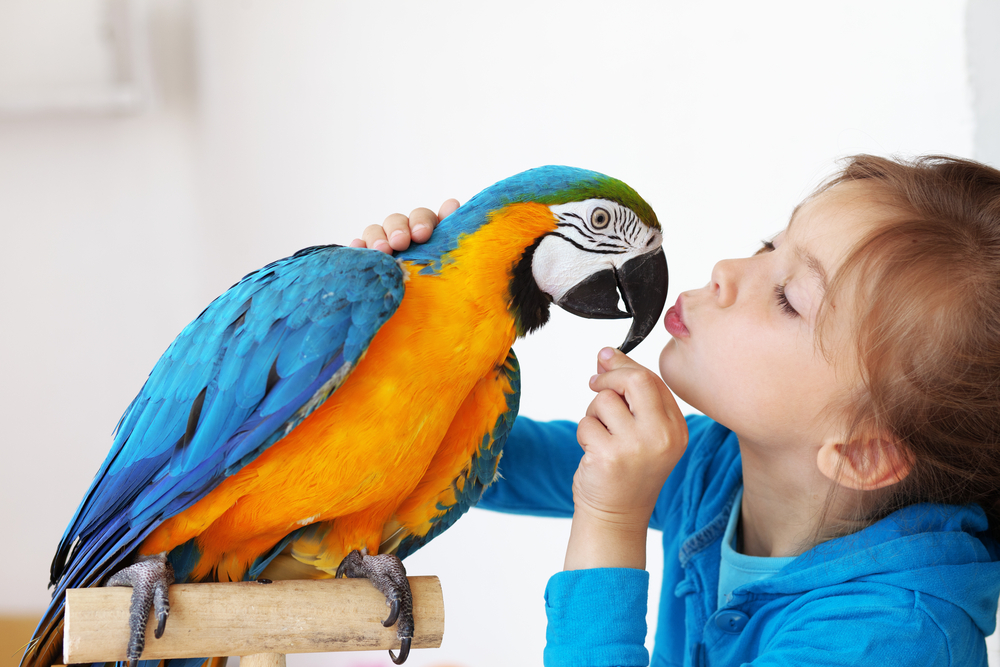You may have always wanted a Great Dane, but that doesn’t mean the breed is the right pet for your family. Adopting a pet is exciting, but you must consider several factors before bringing home your new four-legged family member. Our Marcy Veterinary Clinic team is excited that you’ve decided to welcome a new pet, and we explain do’s and don’ts that will help you choose a pet who will fit perfectly into your life.
DO determine if you are prepared for a pet
Pets are a huge responsibility, and you don’t want to adopt a pet only to neglect or rehome them. Considerations include:
- Time — While some pets take less time than others, all pets need daily attention and care to ensure their physical, mental, and emotional needs are met. If you spend long hours away from home, you may not be able to provide the care a pet needs.
- Finances — Owning a pet is a significant financial commitment. Expenses include the adoption fee, veterinary bills, food and treats, collar and leash, toys, bedding, grooming services, training fees, and boarding. Before adopting a pet, look at your finances and ensure you can afford a pet’s care and upkeep.
- Home tidiness — Pets are often messy. They track muddy paws through your living room, have tummy issues and vomit on your couch, and leave hair everywhere. If having a less than spotless home is stressful, you may not be prepared for a pet.
DON’T neglect to research your preferred pet
You may think pugs are the cutest pets alive or have your heart set on an African gray parrot, but you must first thoroughly research your preferred pet. Investigation helps ensure you won’t be surprised by a pet’s characteristics or a predisposed health condition. For example, pugs are wonderful companions and incredibly adorable, but they are predisposed to numerous serious health issues, including brachycephalic obstructive airway syndrome (BOAS), encephalitis, spinal problems, and skin conditions.
DO consider your lifestyle when deciding on a pet
Is your goal in life to hike every U.S. national park, or do you prefer to spend your downtime reading or watching movies? You should choose a pet who can easily fit your lifestyle and, hopefully, add joy to your experiences and everyday life. If you are active and enjoy time outdoors, a high-energy dog, such as a Labrador retriever or border collie, may be a good fit. On the flip side, if you prefer a good romance novel, a cat or shih tzu may be a better choice.
DON’T forget to call a family meeting about adopting a pet
Before adopting a pet, you must ensure everyone in your home agrees about welcoming a four-legged family member, and everyone should be involved in deciding the pet type you adopt. Considerations include:
- Allergies — If someone is allergic to pet dander, you may need to choose a scaled or feathered pet.
- Elderly people — Pets make great companions for elderly people, but a young, high-energy dog may not be the best choice. Consider adopting a senior pet or a quiet feline friend.
- Small children — Children benefit from growing up with a pet, but you must choose carefully to ensure their safety. A large, enthusiastic dog may accidentally harm a small child in greeting, and a skittish cat may scratch a curious toddler who doesn’t know that hissing means “Stay away.” Adopting a well-trained adult pet is a good option in these situations. No matter the pet you choose, introduce your child under supervision before bringing the pet home to ensure everyone will get along and play well together.
- Other pets — If you have other household pets, ensure they will welcome a new pet. If your dog is aggressive or your cat is extremely shy, adopting a new pet may not be a good idea.
DO evaluate your living space before bringing home a pet
If you live in a tiny condo with no yard, a large-breed dog is likely not a good choice. Large- and giant-breed dogs need adequate space to run and stretch their legs. In addition, you may be surprised at how much room you will need for a reptile habitat or a bird cage. Ensure you have enough space for your chosen pet before bringing them home.
DON’T forget to consider the pet’s longevity

Unfortunately, most pets don’t live as long as humans, although some can live many years. When you adopt a pet you commit to their lifetime care, and you must be prepared to care for your pet as long as they live. Average pet lifespans vary greatly. Examples include:
- Dogs — 10 to 13 years
- Cats — 12 to 18 years
- Parrots — 40 to 60 years
- Snakes — 20 to 30 years
- Hamsters — 2 to 3 years
DO understand your motivation behind adopting a pet
Are you adopting a pet because you want a running buddy, cuddly companion, show animal, protector, or something else? Knowing your motivation for pet adoption will help you determine the right furred, feathered, or scaled new family member for you.
Once you adopt your new pet, contact our Marcy Veterinary Clinic team. We want to meet your new addition and devise an appropriate wellness plan that will ensure they remain as happy and healthy as possible.








Leave A Comment